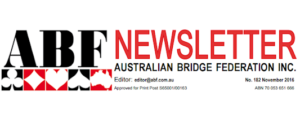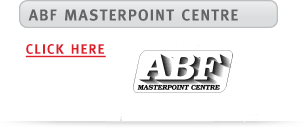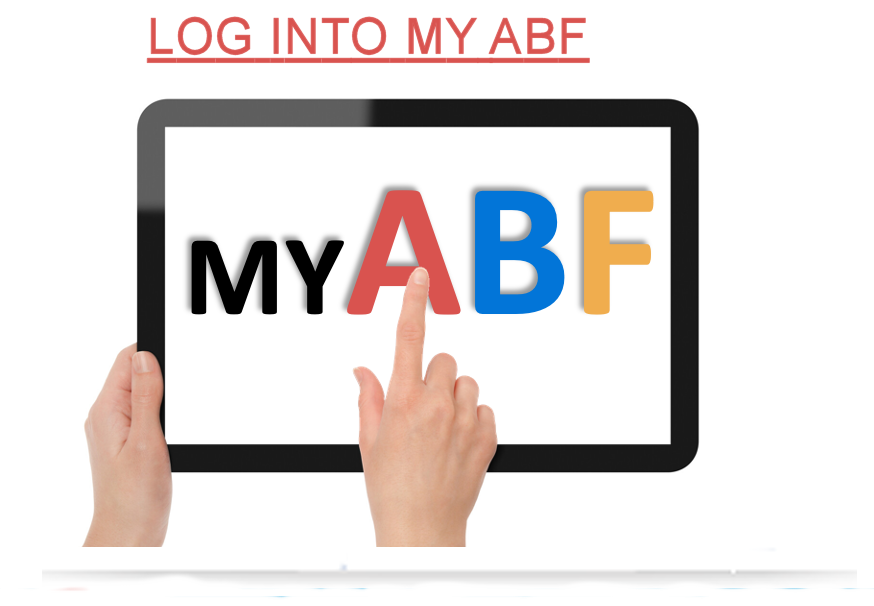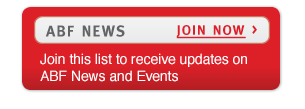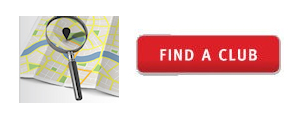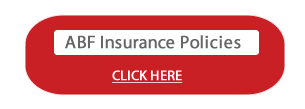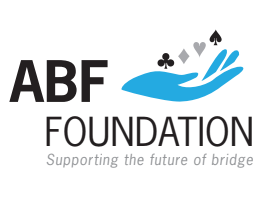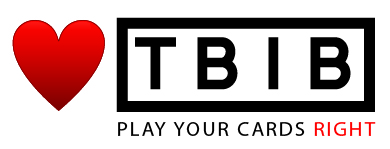INSTRUCTIONS FOR MAKING GENERAL EXPENSE CLAIMS FOR COMMITTEE MEMBERS, COUNCILLORS, CONVENERS AND COORDINATORS
Key points
- Committee Chairs wanting to convene face to face meetings of their members must seek the prior approval of the Treasurer where this will result in any expenditure by the Chair or Committee members for which they propose to seek reimbursement from the ABF.
- The ABF does not have a policy of giving per diem payments. All claims must be for expenses that have been actually incurred by the Committee member. Airline lounge memberships are not reimbursable in part or full.
- All expense claims must be made on the general expense claim form (attached) and be accompanied by receipts for all expenses. Receipts must therefore be sought for all incurred expenditures. For all items above $75 ($82.50 including GST) a valid tax invoice must be obtained.
- Credit card statements are not of themselves proof of payment without a receipt or valid tax invoice to back it up.
- Committee members may only claim expenses incurred on meeting days or where necessary days adjacent to meetings.
- The ABF does not encourage private motor vehicle use for safety and environmental reasons where a logical alternative exists (e.g. air travel). Claims for reimbursement of motor vehicle expenses will be at the rate of 40c per kilometre irrespective of the make or size of car. The ABF encourages car pooling.
- Reimbursements will be made into the claimant’s bank account by electronic transfer.
Organising meetings
Before organising a Committee meeting, the Chair should email the Treasurer at treasurer@abf.com.au with cc to secretariat@abf.com.au requesting prior approval to hold a Committee meeting. (In the case of Committees holding several meetings a year, it may be preferable to submit one global request with an estimated budget for the whole year.) Details that need to accompany this request are:
- date and venue of meeting(s).
- number and names of attendees and where they are travelling from.
- estimate of likely cost including for travel, accommodation and meals/hospitality.
- why the particular meeting(s) is/are considered necessary including at that time and place.
Claimable and non claimable items
The following items may be claimed upon production of either a receipt (below $75 excluding GST or $82.50 including GST) and/or a valid tax invoice over $75 – please see appendix on what is a valid tax invoice for more information):
- Taxi fares
- Airport parking
- Reasonable meal costs including alcohol. This can include room service on the hotel bill but all items on hotel bills if being claimed will need to be identified and justified.
- Reasonable hotel accommodation costs up to $150 per person per night for the duration of the meeting only. Over that figure will require justification. The ABF also reserves the right to make a block booking of rooms in a hotel of its choice.
- Car hire – subject to demonstration that for local travel this would be cheaper than taxi fares.
- Private motor vehicle expenses – see separate section for more details
- Return economy class airfare (generally the lowest quoted by a major airline).
- Sundries such as photocopying, venue hire, internet access fees up to $15 per day per person.
The following items are not considered claimable:
- Any items without a receipt/tax invoice
- Airline lounge memberships in whole or part
- Reimbursements for frequent flyer tickets in whole or part
The ABF does not pay per diems to Committee members attending meetings under any circumstances.
Claims procedure
Each Committee member is required, as soon as practicable after a meeting has been held but in any event no later than 15 days thereafter, to submit an expense claim to the Executive Secretary, on the prescribed form (see attached). Claims not submitted on the prescribed form will not be paid. Claims not made within 3 months of the meeting/event to which they related will also not be paid except where unusual circumstances can be shown (e.g. extended hospitalisation).
Claims may be handwritten and sent by mail or if more convenient completed in soft copy, receipts scanned and sent by email.
All claims will be paid by electronic transfer to the claimant’s bank account and not by cheque or in cash under any circumstances.
Private motor vehicle expenses
The ABF actively discourages the use of private motor vehicles where a reasonable logical alternative exists. For example the ABF would not encourage its Councillors to drive from Sydney to Canberra where air travel (or even bus/ train travel) is a logical alternative. The ABF takes into account the personal safety of its volunteers and its environmental policy to reduce its carbon footprint. Whilst recognising that there may be no logical alternative to car travel especially from/to country areas, the ABF does not believe paying the high ATO mileage rates is justified in any circumstances. Therefore taking the NRMA’s whole of life car cost calculation as a base for an average 1.6 litre car, the ABF is prepared to reimburse at the flat rate of 40 cents per kilometre. The ABF encourages car pooling by persons travelling from the same location to a common meeting point.
APPENDIX 1
WHAT CONSTITUTES A VALID TAX INVOICE?
Tax invoices must include certain information. If you use an incorrect or incomplete tax invoice to claim a GST credit, the GST credit may not be allowed.
A valid tax invoice for taxable sales that total less than $1,000 must contain:
- the words ‘tax invoice’ stated prominently
- the name of the seller
- the Australian business number (ABN) of the seller
- the date of issue of the tax invoice
- a brief description of the things sold
- the GST-inclusive price of the taxable sale, and
- the GST amount. This can be shown separately or, where the GST to be paid is exactly 1/11 of the total price, as a statement along the lines of ‘total price includes GST’.
A valid tax invoice for taxable sales that total $1,000 or more must contain:
- the words ‘tax invoice’ stated prominently
- the name of the seller
- the ABN of the seller
- the name of the buyer
- the address or ABN of the buyer
- the date of issue of the tax invoice
- the quantity of the goods or the extent of the services sold
- a brief description of the things sold
- the GST-inclusive price of the taxable sale, and
- the GST amount. This can be shown separately or, where the GST to be paid is exactly 1/11 of the total price, as a statement along the lines of ‘total price includes GST’.
If the tax invoice is for a taxable sale and either a GST-free or input taxed sale, the tax invoice must also show:
- each taxable sale
- the amount of GST to be paid (for the taxable sales), and
- the amount to be paid for the total sale.
June, 2012

